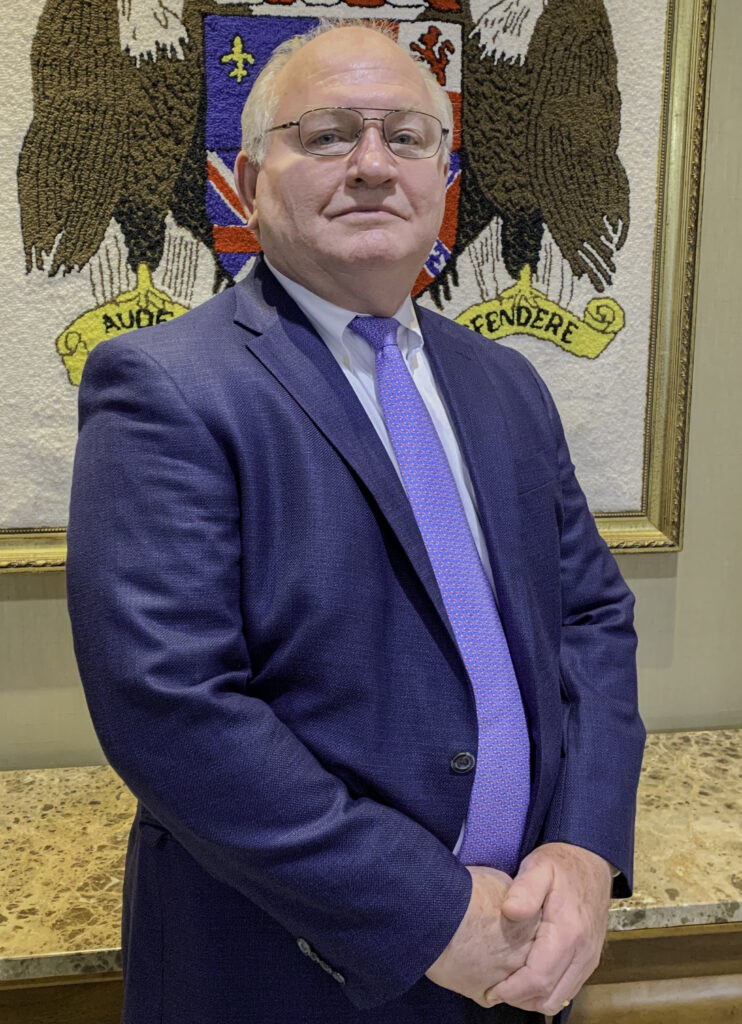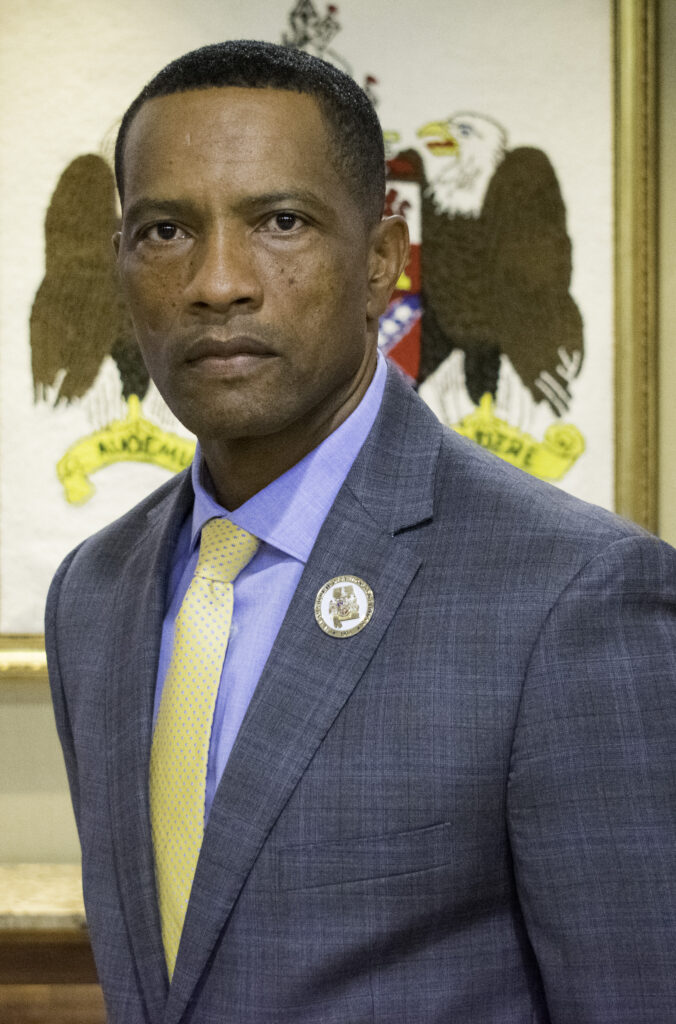The Interstate Compact Unit supervises and regulates interstate movement of offenders among the compact states. The compacting states are governed by the Interstate Commission for Adult Offender Supervision that was created by an Interstate Compact of the same name by the United States Congress {4 U.S.C. – 112 (1965)}. The Alabama State Legislature adopted the compact in 2002 {Ala. Code 15.22.1.1 and 1.2 Act No. 2002-413.}
The Interstate Commission is a joint agency of the compacting states. The Bureau’s Compact Administrator represents Alabama on the Commission.
The duties of the Interstate Commission and its members include overseeing, supervising, tracking, coordinating, rehabilitating and enforcing compliance of interstate movement of offender’s subject to the terms of this Compact. Along with the Interstate Commission Policies and Procedures, the Alabama Compact Unit also complies with the policies and procedures set out by the Alabama Bureau of Pardons and Paroles.
ICAOS provide a quick reference search tool called Compact Online Reference Encyclopedia for judges, prosecutor, law enforcement agencies, or other interested parties to use in looking up information on ICAOS rules, specific topics and processes.
A separate portal is available that allows the public to search for information about offenders who have transferred supervision to another state or are in another state with permission while the transfer of supervision is under consideration.

Tom Langer | Interstate Compact Administrator
Prior to joining this agency, Langer was employed with the Alabama Department of Corrections. He served as a Corrections Officer from September 1982 until July 1985 and as a Classification Specialist from July 1985 until July 1989.
Langer’s college career began at Jefferson State Junior College in September 1975, where he attended until June 1977. He transferred to the University of Alabama in September 1977. He graduated in August 1980 with a Bachelor of Arts in Criminal Justice. He completed a double minor in Business and Social Work. Langer completed post graduate studies at the Birmingham School of Law between June 1993 and December 1998, graduating with his Juris Doctorate.
Function of the Administrator:
1. Represent the State at conferences, local and national, dealing with interstate problems.
2. Serve as chief state correspondent on interstate and intrastate parole and probation matters.
3. Serve as mediator in all jurisdictional disputes regarding acceptance or refusal of “in or out of state” parole and probation cases.
4. Recommend any revision of the interstate rules and regulations, as well as, federal legislation dealing with the Compact.
5. Serve as a “clearing house” on the movement of all interstate parolees and probationers.

Lee Ishman | Deputy Compact Administrator
Lee Ishman proudly serves as the Deputy Compact Administrator for the Alabama Bureau of Pardons and Paroles. Ishman manages the Compact Office workflow, supports the needs of all compact staff, addresses noncompliance issues and resolves conflicts at the DCA level. In addition, Ishman conducts required training for the Interstate Commission for Adult Offender Supervision and ensures ICAOS rules are being followed by qualified Interstate Compact Offender Tracking System users.
Ishman began his Bureau as a Probation and Parole Officer in 2005. He was promoted to Senior Probation and Parole Officer in 2008 for the Interstate Compact Unit. In 2018, he was promoted to his current role.
He is certified by the Alabama Peace Officers Standards and Training Commission and Chemical Spray Certification. His also received his Bachelor of Science in Criminal Justice with a minor in Psychology from Alabama State University.
Prior to the Bureau, Ishman served as a counselor for the Alabama Department of Youth Services – Mt. Meigs Campus.
